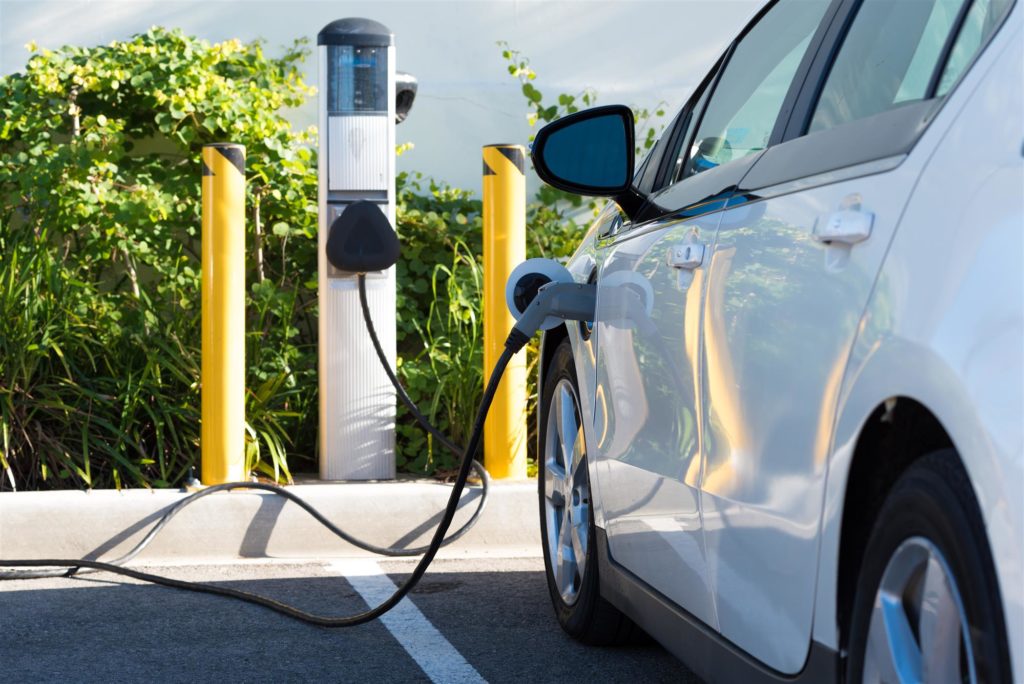Over the next decade electric vehicles may well become the dominant road vehicle, with countries such as India having already announced that they will ban manufacturing of new petrol or diesel cars from 2030.
But one problem in rolling out an electric vehicle economy is to ensure that owners and drivers of such cars and trucks can “fill the tank” when they are away from home. While it is possible to charge a vehicle overnight at home, test drives in several countries have found that those wanting to do more than commuting, local social visits and school runs need the rapid charging at a service station, a process that can take less than 30 minutes while they take a break on a longer trip. To some extent it is a bit like the chicken and the egg.
There needs to be charging points to make electric vehicles a good option for a business and many private owners, but these need to be in place before they can make profits. However one private company, Distributed Power Africa (DPA), has decided to take the longer view and has started installing a basic network of charging stations.
Government committed late last year to work on a framework that promotes the use of EVs, as the country moves to embrace the emerging wave of clean energy in the transport sector. In November last year, Energy and Power Development Minister Zhemu Soda officially unveiled a demonstration EV sourced by the Zimbabwe Energy Regulatory Authority (zera).
DPA Zimbabwe chief executive officer Mr Divyajeet Mahajan said the company’s EV stations, which include both AC and DC fast chargers, will be rolled out along the country’s highways linking major cities and so allowing electric vehicles to make long journeys away from home or business charging points.
“Our charging stations will ease a major concern for consumers looking to move to EVs, by removing the fear of running out of battery on their journey,” he said, adding that all charging stations will be open to the public.
“Electric vehicles have zero emissions and we are excited to add this innovation to our solar offering. We have grown our commercial and industrial energy deployments, and bundling our solar solutions with EV charging infrastructure will aid the transition to cleaner energy,” he said.
DPA has already installed the first three EV charging stations in Msasa, eastern Harare, with 17 others currently being deployed at other sites across the country.
The renewable energy giant is also offering electric vehicle charging stations as an added service with their corporate and industrial solar installations, to encourage businesses to adopt EVs as they upgrade their fleets. That would allow a transport officer to quickly charge a company’s vehicles to keep them moving during a busy work day. The charging stations are available to both new and existing customers with a 50kW+ DPA solar power.
Mr Mahajan noted that the DC fast charging stations have the capacity to charge the Vaya Africa’s 24kW Nissan Leaf EVs to 80 percent in under 30 minutes, and will greatly reduce waiting times for Vaya drivers and their customers.
Modern electric passenger vehicles, such as the VW eGolf and the 40 kWh Nissan Leaf, have a real world range of about 250km. With DPA’s fast chargers located at 150km intervals along the country’s major highways.
Economic analysts said the increased use of EVs in Zimbabwe will not only contribute to a cleaner environment, but also reduce the country’s foreign currency spent on fuel, internal combustion engine vehicle spare parts and engine oils. Zimbabwe imports fuel worth about US$1,2 billion annually.
EVs do not require constant parts and fluid changes on maintenance cycles, which makes them cheaper to own over time. Zimbabwe will officially unveil the demonstration electric vehicle sourced by the Zimbabwe Energy Regulatory Authority (zera).

